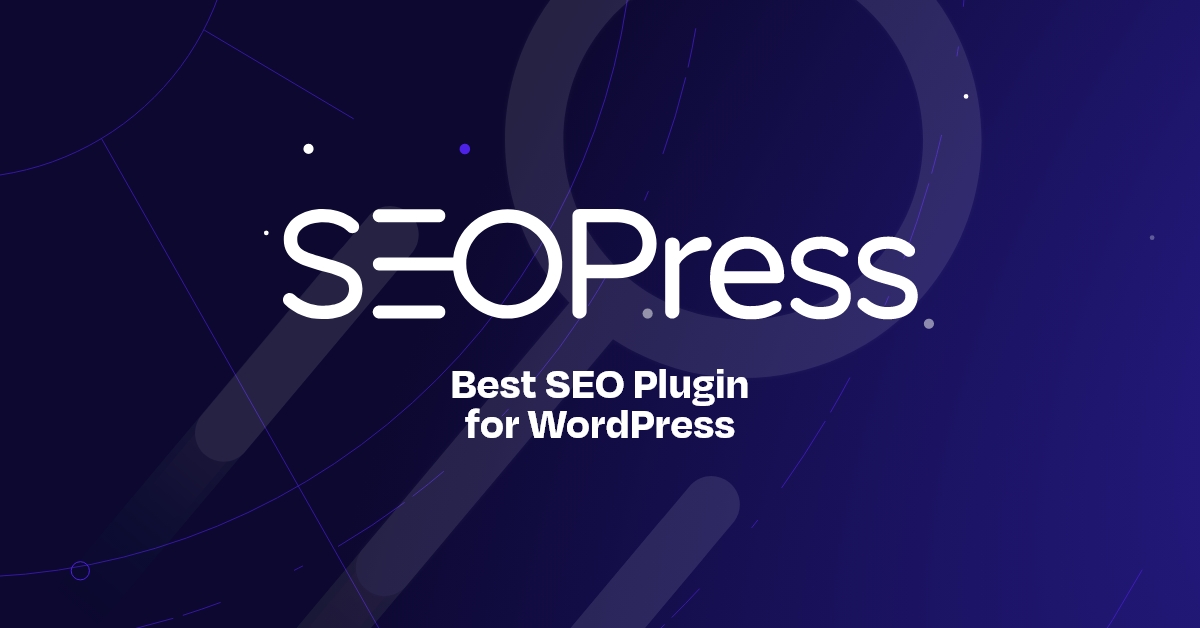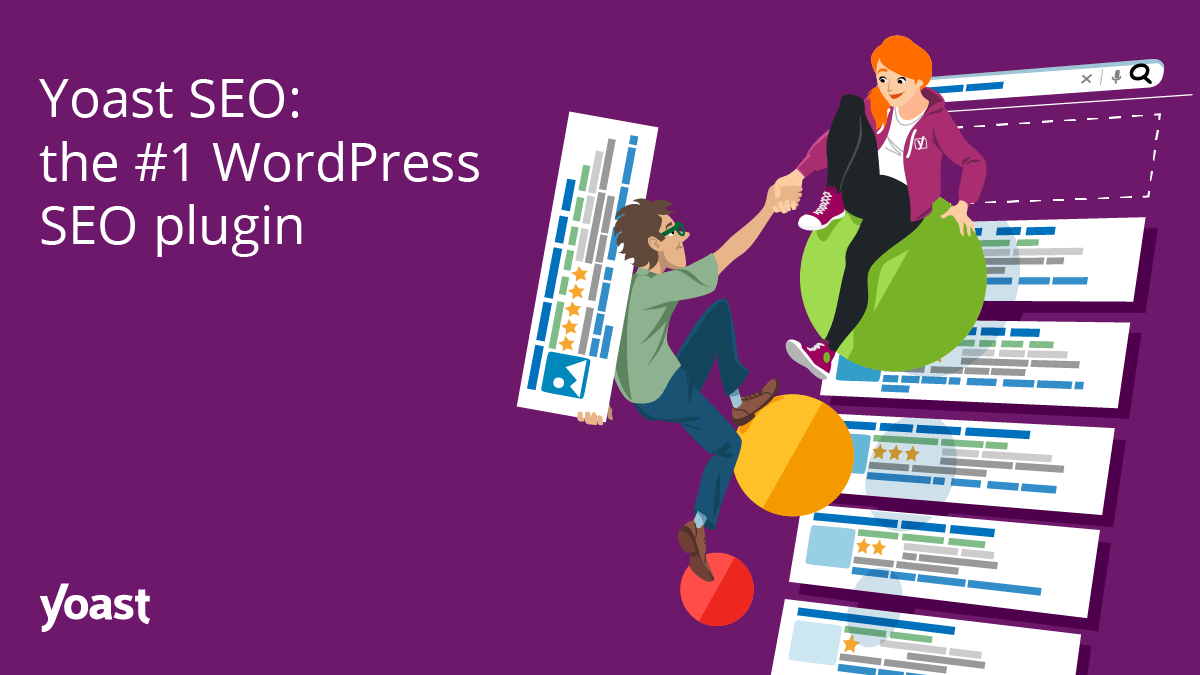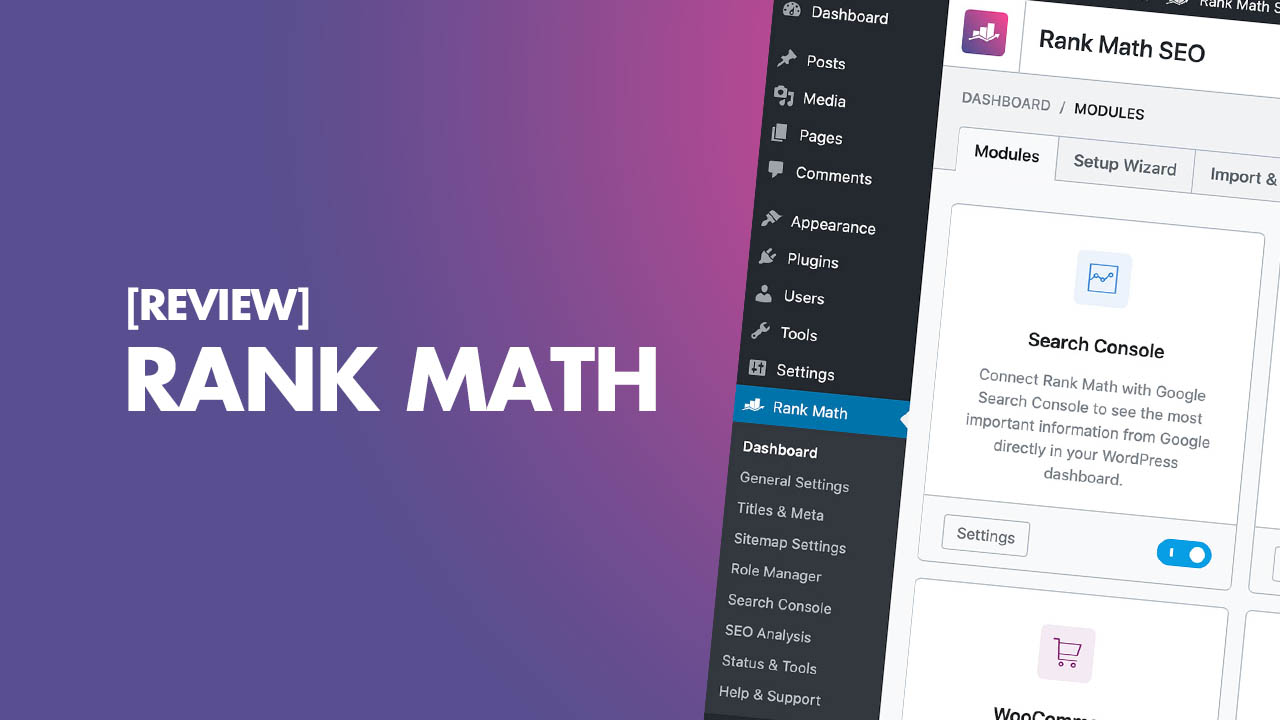
Are you looking to take your website’s search engine optimization (SEO) to new heights? Look no further than SEOPress, the ultimate SEO plugin designed to empower website owners with advanced features and unparalleled performance. In its latest 2023 version, SEOPress has undergone significant enhancements and optimizations, solidifying its position as a leading SEO solution in the market. From improved user interfaces to refined content analysis and expanded integrations, SEOPress continues to evolve and provide users with a comprehensive toolkit to maximize their online presence. Join us as we explore the transformative changes and innovative features that make SEOPress a game-changer in the realm of SEO optimization.
Function Preview
1. On-Page Optimization:
- Paid Version: Offers advanced features like bulk editing, dynamic variables, and more meta tags for greater control over on-page SEO.
- Free Version: Provides basic on-page optimization functionalities.
2. XML and HTML Sitemaps:
- Paid Version: Allows advanced customization options, excluding specific content, and setting frequency and priority tags.
- Free Version: Provides standard sitemap generation functionality.
3. Google Knowledge Graph:
- Paid Version: Integrates with the Google Knowledge Graph to showcase key information about your brand or business.
- Free Version: Offers the same integration and visibility improvement.
4. Social Media Integration:
- Paid Version: Allows customization of how your content appears when shared on social media platforms.
- Free Version: Provides basic social media integration features.
5. Content Analysis and Recommendations:
- Paid Version: Offers enhanced content analysis with additional suggestions, keyword optimization, and readability analysis.
- Free Version: Provides basic content analysis and recommendations.
6. Image and Media Optimization:
- Paid Version: Provides image and media optimization features for improving loading speeds and user experience.
- Free Version: Offers basic image and media optimization functionalities.
7. Redirects and Broken Link Management:
- Paid Version: Helps manage redirects and fix broken links for maintaining a solid website structure.
- Free Version: Includes basic features for redirects and broken link management.
8. Schema Markup:
- Paid Version: Offers more advanced schema types, customization options, and dynamic data for enhancing website visibility.
- Free Version: Provides basic schema markup functionality.
9. Google Analytics Integration:
- Paid Version: Seamlessly integrates with Google Analytics to track and analyze website performance.
- Free Version: Includes the same integration and data gathering capabilities.
10. Local SEO Optimization:
- Paid Version: Provides specialized features for local SEO optimization, including location-specific optimization, local business schema, and improved visibility in local search results.
- Free Version: Does not include the advanced local SEO capabilities.
While the free version of SEOPress offers essential SEO functionalities, the paid version unlocks advanced features, customization options, and specialized tools for local SEO optimization. Upgrading to the paid version allows you to have more control over your SEO strategy, access detailed analysis, and leverage additional functionalities to enhance your website’s search engine visibility and performance.
SEOPress 2023: Unveiling Revolutionary Upgrades in SEO Optimization
Introduction:
- Acknowledging the dynamic nature of SEO optimization and the importance of keeping pace with industry advancements.
- Introducing SEOPress 2023 as a groundbreaking release that brings forth significant changes, elevating the SEO optimization experience to new heights.
1. Redesigned User Interface: A Seamless and Intuitive Experience
- Describing the previous interface, highlighting any complexities or usability challenges.
- Introducing the revamped user interface of SEOPress 2023.
- Explaining the enhanced navigation, intuitive design, and streamlined workflow, fostering an effortless optimization experience.
2. Advanced On-Page Optimization: Empowering Users with Unparalleled Control
- Discussing the previous version’s on-page optimization capabilities, including any limitations or gaps.
- Introducing the advanced features introduced in SEOPress 2023.
- Detailing the benefits of bulk editing and dynamic variables, enabling precise customization and targeting for meta tags, titles, and descriptions.
3. Comprehensive Content Analysis: From Basic to In-Depth Insights
- Describing the content analysis functionalities in previous versions, highlighting any limitations.
- Unveiling the comprehensive content analysis capabilities in SEOPress 2023.
- Explaining the advanced keyword optimization, readability analysis, and SEO performance evaluation, offering users extensive insights and recommendations to fine-tune their content strategy.
4. Simplified Schema Markup: From Complex to Effortless Implementation
- Discussing the challenges and complexities associated with schema markup in earlier versions.
- Introducing the simplified schema markup process in SEOPress 2023.
- Detailing the expanded range of schema types, enabling website owners to easily add rich information for better indexing and enhanced search appearance.
5. Dynamic Sitemaps: Real-Time Updates and Efficient Indexing
- Describing the limitations of static sitemaps in previous versions.
- Introducing the dynamic sitemap feature in SEOPress 2023.
- Highlighting the automatic updating functionality, ensuring search engines have the latest website information for improved crawling and indexing efficiency.
6. Local SEO Features: Targeting Local Markets with Precision
- Discussing the lack of specialized local SEO capabilities in earlier versions.
- Introducing the enhanced local SEO features in SEOPress 2023.
- Detailing the location-based content analysis, optimized local business schema markup, and improved visibility, enabling website owners to precisely target their local markets and drive targeted traffic.
7. Performance Optimization: Speeding Up Websites for Enhanced User Experience
- Explaining any performance-related challenges experienced in previous versions.
- Introducing the performance optimization upgrades in SEOPress 2023.
- Detailing the streamlined code, reduced server requests, and improved loading times, resulting in reduced bounce rates, increased engagement, and improved search engine rankings.
8. Expanded Integrations: A Comprehensive SEO Toolkit
- Discussing the limitations of integrations in previous versions.
- Introducing the expanded integrations in SEOPress 2023.
- Explaining the seamless integration with Google Analytics for valuable website performance insights and compatibility with leading e-commerce platforms for optimized online stores.
Conclusion:
- Summarizing the significant changes and advancements brought about by SEOPress 2023.
- Highlighting the transformation from the previous versions to the current state of SEOPress as a powerful and cutting-edge SEO optimization tool.
- Encouraging website owners and digital marketers to leverage the new features and functionalities to maximize their SEO potential and stay ahead in the ever-evolving SEO landscape.
Addressing Shortcomings and Bug Fixes in SEOPress 2023
Introduction:
- Acknowledging the importance of discussing the shortcomings and bugs that have occurred in SEOPress 2023.
- Emphasizing the significance of continuous improvement and transparency in software development.
- Outlining the objective of this section to shed light on past issues and provide insights into their resolution.
1. Bug: Inconsistent Meta Tag Generation
- Describing the issue of inconsistent meta tag generation reported by users.
- Providing an example of instances where meta tags were not accurately generated or displayed.
- Explaining the steps taken to address the bug, including thorough code review and optimization.
- Highlighting the subsequent improvement in meta tag consistency in the latest updates of SEOPress 2023.
2. Bug: Unresponsive User Interface on Certain Devices
- Discussing the bug that caused the user interface to become unresponsive on specific devices.
- Citing specific instances where users encountered this issue, leading to frustration and hindered workflow.
- Detailing the investigations and diagnostic measures taken by the SEOPress development team.
- Describing the subsequent update that resolved the issue, resulting in a fully responsive and stable user interface.
3. Bug: Inaccurate Keyword Density Analysis
- Identifying the issue of inaccurate keyword density analysis within SEOPress 2023.
- Providing examples of instances where the keyword density analysis did not accurately reflect the actual content.
- Outlining the efforts made to rectify the bug, including algorithm refinements and data validation.
- Explaining the subsequent improvement in the accuracy of keyword density analysis in the latest versions.
4. Bug: Slow Loading Times in Dashboard
- Addressing the bug that caused slow loading times in the SEOPress dashboard for some users.
- Discussing the negative impact on user experience and productivity.
- Detailing the steps taken to optimize the code and improve performance.
- Noting the subsequent reduction in loading times, resulting in a smoother and more efficient user experience.
5. Bug: Inconsistent Integration with Third-Party Plugins
- Highlighting the bug related to inconsistent integration with certain third-party plugins.
- Describing the instances where compatibility issues arose, leading to limited functionality or conflicts.
- Discussing the collaborative efforts with plugin developers to identify and resolve integration issues.
- Noting the successful resolution of many compatibility issues, enhancing the seamless integration of SEOPress with popular plugins.
6. Bug: Unreliable Site Auditing Results
- Addressing the bug related to unreliable site auditing results reported by some users.
- Citing examples of instances where the site audit did not provide accurate or comprehensive analysis.
- Detailing the extensive testing and debugging undertaken to identify the root causes.
- Explaining the subsequent updates that delivered more reliable and accurate site auditing results.
7. Continuous Improvement and Bug Tracking
- Discussing the importance of ongoing improvement and bug tracking in software development.
- Describing the dedicated quality assurance processes and user feedback mechanisms employed by the SEOPress team.
- Highlighting the commitment to promptly address reported bugs and release updates to address them.
- Encouraging users to actively participate in reporting bugs and providing feedback for further enhancement.
Conclusion:
- Reflecting on the shortcomings and bugs that occurred in SEOPress 2023.
- Highlighting the efforts made by the development team to identify, address, and resolve reported issues.
- Reassuring users that bug fixing and continuous improvement are core principles in the SEOPress development process.
- Encouraging users to stay updated with the latest versions to benefit from the resolved bugs and enjoy a more seamless and reliable SEO optimization experience.
SEOPress vs. Yoast SEO: Unleashing the Power of SEO Optimization
Introduction:
- Acknowledging the popularity of both SEOPress and Yoast SEO as leading SEO optimization plugins.
- Presenting the objective of this comparison article: to highlight the differences, advantages, and key aspects that users often consider when choosing between the two.
- Emphasizing the aim to showcase SEOPress as a compelling choice for users seeking a comprehensive and user-friendly SEO optimization solution.
1. User Interface: Streamlined Workflow and Intuitive Design
- Comparing the user interfaces of SEOPress and Yoast SEO.
- Acknowledging the user-friendly design of Yoast SEO.
- Highlighting the streamlined workflow and intuitive interface of SEOPress, offering a more efficient and hassle-free optimization experience.
2. On-Page Optimization: Fine-Tuning Content for Maximum Impact
- Discussing the on-page optimization features of both SEOPress and Yoast SEO.
- Acknowledging Yoast SEO’s comprehensive features for title tags, meta descriptions, and keyword analysis.
- Highlighting SEOPress’ advanced capabilities, including bulk editing, dynamic variables, and precise control over meta tags, offering users unparalleled customization and optimization possibilities.
3. Content Analysis: From Basic Recommendations to Comprehensive Insights
- Comparing the content analysis functionalities of SEOPress and Yoast SEO.
- Acknowledging Yoast SEO’s basic recommendations for content optimization.
- Showcasing SEOPress’ enhanced content analysis, including advanced keyword optimization, readability analysis, and SEO performance evaluation, providing users with comprehensive insights to optimize their content strategy.
4. Schema Markup: Simplified Implementation for Enhanced Search Visibility
- Discussing the schema markup capabilities of both SEOPress and Yoast SEO.
- Acknowledging Yoast SEO’s support for basic schema markup.
- Highlighting SEOPress’ simplified implementation, expanded schema types, and improved visibility in search results, enabling website owners to provide rich information to search engines effortlessly.
5. Local SEO: Targeting Local Markets with Precision
- Comparing the local SEO features of SEOPress and Yoast SEO.
- Acknowledging Yoast SEO’s limited local SEO capabilities.
- Highlighting SEOPress’ specialized tools for local SEO, including location-based content analysis, optimized local business schema markup, and enhanced visibility in local markets.
6. Performance Optimization: Speed and User Experience Matter
- Discussing the performance optimization aspects of SEOPress and Yoast SEO.
- Acknowledging Yoast SEO’s efforts to optimize performance.
- Highlighting SEOPress’ streamlined code, reduced server requests, and improved loading times, resulting in faster page speeds, enhanced user experience, and better search engine rankings.
7. Flexibility and Integrations: Building a Comprehensive SEO Toolkit
- Comparing the flexibility and integrations of SEOPress and Yoast SEO.
- Acknowledging Yoast SEO’s wide range of integrations with other plugins and tools.
- Showcasing SEOPress’ expanded integrations, including compatibility with popular platforms and seamless insights from Google Analytics, offering users a comprehensive SEO toolkit.
Conclusion:
- Summarizing the differences and advantages of SEOPress over Yoast SEO.
- Emphasizing SEOPress’ user-friendly interface, advanced on-page optimization, comprehensive content analysis, simplified schema markup, robust local SEO features, performance optimization, and expanded integrations.
- Encouraging users to consider SEOPress as a powerful and compelling choice for their SEO optimization needs.
- Reiterating the commitment of SEOPress to continuous improvement and providing users with an exceptional SEO experience.
FAQs:
Table of Contents
Related Reviews




